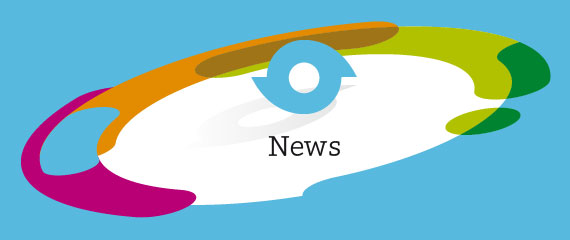As the coronacrisis rages on and we have to stay inside, our society is becoming ever more digital. Angus Mol, assistant professor at the Centre for Digital Humanities (LUCDH), spoke with LeidenGlobal about his research on digital culture and the opportunities as well as the pitfalls of digital research tools.
Mol, who received a BA, MA and PhD from Leiden’s Faculty of Archaeology, stresses the immense reach of digital media nowadays, especially games. Just an example: between 2012 and 2016, people spent as much time playing the videogame Civilization V, as visiting the six most popular museums worldwide. ‘People get a big share of their knowledge from videogames nowadays’, says Mol. ‘That is why I study historical representations in these games. Not to point at historical inaccuracies from the ivory tower of academia, my goal is rather to engage in a conversation with game makers and players.’
To that end, in 2017 the assistant professor co-founded a foundation that operates at the crossroads of academia and gaming: Value. Mol thinks it is important that during Values’ events knowledge is disseminated to the larger public, but he believes that it also works the other way around. He learns a lot from getting out of his (academic) comfort zone: ‘Participants come up with brilliant new ways of thinking about the past.’
When the events were cancelled due to the coronavirus, the foundation launched a Leiden Archaeology server on Minecraft. ‘Minecraft is like digital lego’, Mol explains. ‘It is an online world in which people can build all sorts of things, including heritage.’ The server is accessible to everyone, and even some kids have joined. ‘Building things in Minecraft and thinking about the past is a very “zen” experience, which we can all use more of at the time.’
According to Mol, there are many ways to explore the past using digital technologies. He encourages humanities researchers to learn about the newest digital tools, amongst other things by doing some tutorials online. ‘However, regardless of their interest in more advanced digital tools and thinking, almost everyone is already practicing some form of digital humanities’, he says. ‘Think about Google for example. It is important that we reflect upon the way such common digital tools shape our research, something called “tool criticism”. If you have any questions about this or about other digital stuff, do not hesitate to contact me [Angus Mol] or LUCDH. We are there to help!’

The Value Foundation Team (Source: Value Foundation Website)
Interview by LeidenGlobal intern Merel Snoep
April 2020
Meet more experts at our expert page

